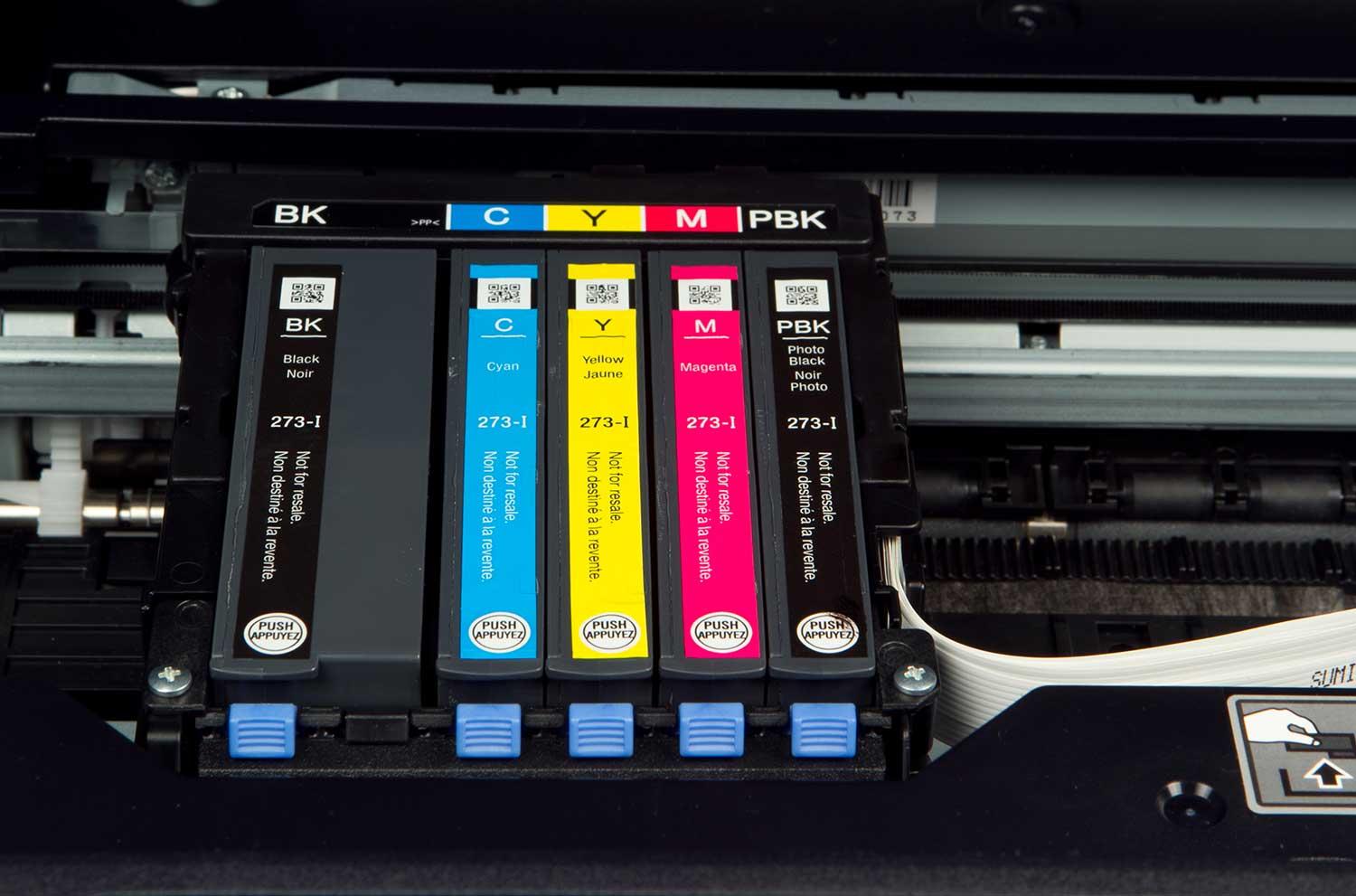Toner News Mobile › Forums › Toner News Main Forums › New Technology Would Seem to Have Made Printers Obsolete ….
- This topic has 0 replies, 1 voice, and was last updated 9 years, 7 months ago by
Anonymous.
-
AuthorPosts
-
AnonymousInactiveNew Technology Would Seem to Have Made Printers Obsolete
but Epson Begs to Differ
by Sriwipa SiripunyawitToday’s rapidly changing technology not only alters people’s lifestyles but greatly affects all technology-related businesses. Those quick to adjust to the fast-changing tide and able to stay innovative and creative through continuous launches and upgrades of their technologies are sure to stay competitive, while those unable to adapt will find it hard to survive, with some even fading away and perishing.
Printers are one product that is inevitably affected by this vast change in technology and consumer lifestyles. Scanners, email, smartphones and other devices and new applications have more or less replaced the need for printers. In recent years the consumer ink-jet printer market has faced hiccups, as the paperless trend gains steam and smart devices have penetrated every inch of our lives, making printers redundant.
Consequently, last year sales of the overall consumer ink-jet market dropped by 20-30%. However, Epson (Thailand), the local operating unit of the Tokyo-based Seiko Epson Corporation, witnessed a continued increase in its sales.
Yunyong Muneemongkoltorn, general manager of Epson (Thailand), said that in 2013, sales of the company’s ink-jet printers for the consumer segment outperformed the industry, with growth of 5%. Continuous upgrades to its L-series printers, with internet connection enabling easy connection to smart devices, sustained sales, as did launches of models with inexpensive ink tanks.
“We’ve consistently developed printers to answer the needs of consumers. That’s why the segment has continued to grow, although not dramatically,” said Mr Yunyong.
strategic innovation
Seiko Epson is the leading printer and projector manufacturer. In 1942, the company emerged as a maker of Seiko watches and became the official timekeeper for the 1964 Tokyo Olympics. Today, the watch business is only one small part of Epson’s overall business.
In 2007, Seiko Epson invented the thin film Piezo (TFP) printhead, which today is a key component of all Epson ink-jet printers — from compact photo printers to large industrial printers. And PrecisionCore printheads, introduced in 2013, brought this TFP technology a step further.
The key characteristic of Micro Piezo printheads is that it is possible to control precisely the amount of ink fired, as the movement of the printhead is mechanical and does not use heat. Therefore, it is suitable for use with a wide range of inks with high durability.
The heart of PrecisionCore is the PrecisionCore Micro TFP print chip. This print chip can be arrayed in various printhead configurations and retains the ink versatility while delivering the faster speed and high dot-placement accuracy required for high-performance printing applications.
Business, industrial printing
Besides the consumer segment, Epson has also branched out to businesses and industry. Mr Yunyong said Epson has continued launching new technologies to serve these markets.
He said for the business segment, sales expanded by 10% last year as most corporate customers looked for ways to reduce printing costs.
“And that’s why Epson has launched cheaper-priced ink tanks with higher-speed printers, in order to deliver higher yield and efficiency to customers at a lower cost,” Mr Yunyong said.
The printers can also connect to smart devices and work via cloud application. Mr Yunyong believes this segment will continue to do well, given the onset of the Asean Economic Community, due to kick off late next year and is expected to draw increasing numbers of business operators into Thailand. “And we’ll continue to offer printers with high speed and lower costs,” he said.
Mr Yunyong said business expansion had been delayed for the moment due to the political impasse, but he is confident that positive investment sentiment will soon be restored.
For the commercial and industrial segments, Epson has also consistently introduced models to suit each type of business such as textiles, labels, photos, receipt-printing.
Mr Yunyong foresees huge potential for this segment, revealing that sales multiplied by 30% last year.
“The key reason is most manufacturers have gradually moved away from analogue to digital printing systems. And that’s when Epson comes into the picture and offers these specialised machines to match their needs,” Mr Yunyong said.
Presently, technologies for industrial printing in Thailand have advanced far beyond those in neighbouring countries including Myanmar, Laos, Cambodia and Vietnam, where pricing of printing machines remains the first priority.
The company said the global market size of the label industry amounts to US$50 billion a year. Of that, only 10% is digital printing.
Textile printing is also huge. Last year, the overall market for that segment was worth $1 trillion, of which digital printed textiles stood at $10 billion. Thus, Epson foresees huge potential for its products to branch out and tap this rising demand.
Projectors
Besides printers, the company has been No.1 in the global projector market for the past 13 years. Mr Yunyong said Epson’s projectors also had the largest market share in Thailand, offering a variety of models spanning entry level to high end.
Epson recently launched its 3LCD model, featuring technology that uses high-temperature polysilicon, thin-film transistors and LCD chips to deliver vibrant, true-to-life and consistent images that are easy on viewer’s eyes.
And its latest launch is a high-tech, finger-touch projector intended mainly for corporate use. The projector comes equipped with applications that users can write on, tap and move and many more commands with the touch of a finger.
Wearables
In addition to the aforementioned products, the company is also tapping the wearable technology market by launching smart glasses and a series of “sensing” watches. Mr Yunyong said Seiko Epson plans to market smart watches commercially, targeting museums and hospitals among other businesses.
-
AuthorJune 19, 2014 at 12:18 PM
- You must be logged in to reply to this topic.


